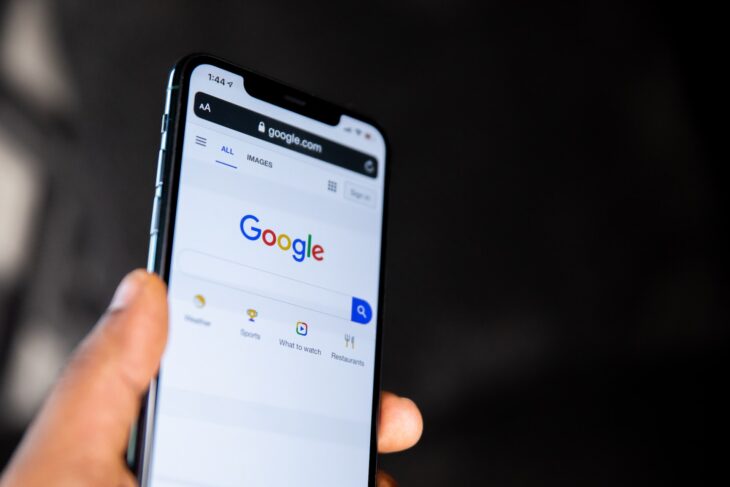Reading Time: 3 minutes
INTERVIEW ON THE PRICE OF BUSINESS SHOW, MEDIA PARTNER OF THIS SITE.
Recently Kevin Price, Host of the nationally syndicated Price of Business Show, interviewed Barbara Comstock.

On a recent Price of Business show, Kevin Price visited with former Congresswoman Barbara Comstock on the potential implications of Gonzalez v Google.
In August 2021, the U.S. Court of Appeals for the Ninth Circuit handed down a significant ruling in the case of Gonzalez v Google, which could have far-reaching consequences for the internet and the technology industry as a whole. The lawsuit, which was brought by a group of advertisers, alleged that Google had engaged in anticompetitive practices by manipulating its advertising platform to give preferential treatment to its own products and services.
The crux of the case was the claim that Google had violated antitrust laws by favoring its own ads over those of its competitors. The plaintiffs argued that this behavior had led to higher costs for advertisers and reduced competition in the market, ultimately harming consumers. The court agreed with this argument, finding that Google had engaged in anticompetitive conduct that had harmed the plaintiffs.
While the ruling was a significant victory for the plaintiffs in this case, it could have broader implications for the technology industry as a whole. Many experts have warned that the decision could pave the way for more lawsuits against large technology companies, potentially leading to a wave of litigation that could stifle innovation and harm competition.
One of the biggest concerns is that the ruling could lead to a crackdown on the ability of companies like Google to offer integrated services to their users. If companies are no longer able to promote their own products and services over those of their competitors, it could become much more difficult for them to offer seamless and integrated experiences to their users. This could harm the user experience and ultimately stifle innovation in the technology industry.
Another potential consequence of the ruling is that it could lead to increased regulatory scrutiny of large technology companies. With the court ruling that Google had engaged in anticompetitive behavior, it is likely that other companies will face increased pressure from regulators to demonstrate that they are not engaging in similar practices. This could lead to a wave of regulatory scrutiny that could stifle innovation and make it more difficult for companies to bring new products and services to market.
Overall, the Gonzalez v Google ruling is a significant development in the ongoing debate over antitrust regulation in the technology industry. While the ruling represents a significant victory for the plaintiffs in this case, it could have far-reaching consequences that could harm competition and innovation in the industry as a whole. As the technology industry continues to evolve, it will be important for policymakers to strike a balance between protecting consumers and promoting innovation and competition.
According to a statement:
“Antitrust law protects American consumers from low-quality goods and services, but Google’s products are highly innovative and free for everyone. The Justice Department’s misguided lawsuit stretches antitrust law beyond its breaking point and risks breaking the very products that Americans love and use every day.”
Barbara represented Virginia’s Tenth Congressional District, was a senior appointee in the Justice Department, and worked as a Congressional aide. Her election marked her as the first woman elected to that seat. She was named as one of the “Top Ten Most Effective Lawmakers” in the 115th Congress by the Center for Effective Lawmaking, a joint effort of the University of Virginia and Vanderbilt University.
According to a statement from Ms. Comstock, “During her time in Congress, Barbara was a leader on technology and cybersecurity issues, chairing the Science, Space, and Technology Committee’s Research and Technology subcommittee, as well as serving on the Joint Economic Committee, the Transportation and Infrastructure Committee, and the House Administration Committee. Her legislative achievements include passing legislation to promote women and disadvantaged populations in STEM, as well as expanding research in the technology space. Barbara also was the leader on anti-sexual harassment legislation in Congress, and legislation to tackle the opioid crisis and gang crime. She partnered with Senator McCain to reauthorize multi-year firefighter grants to increase innovation and public safety. While in Congress, Barbara was the only woman in the Virginia congressional delegation and the only Virginia member to chair a subcommittee.”

Related Posts
The Internet of ThingsTwenty-first-century humans connect with each other through the Internet, the complex web of personal, business,…









